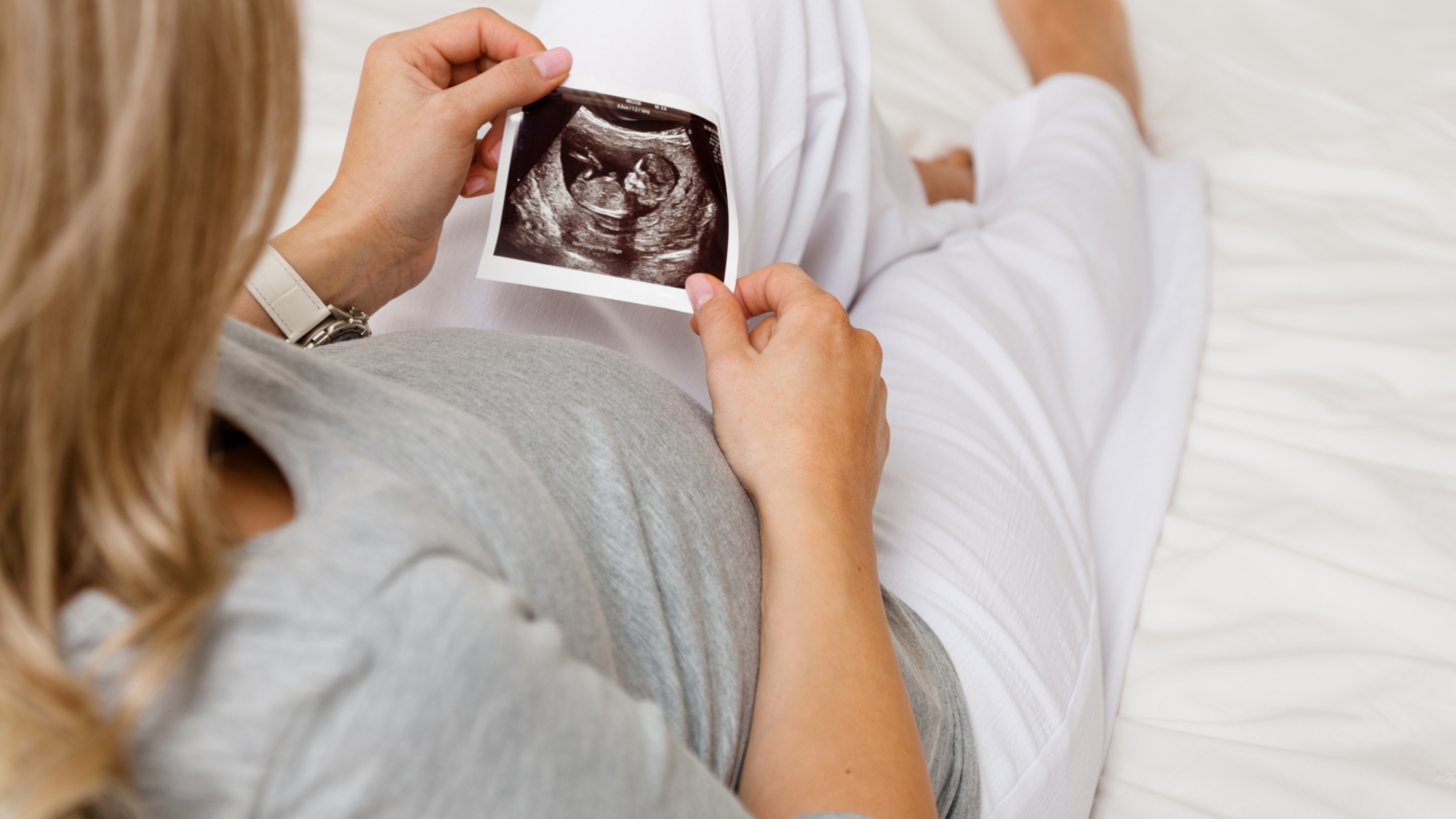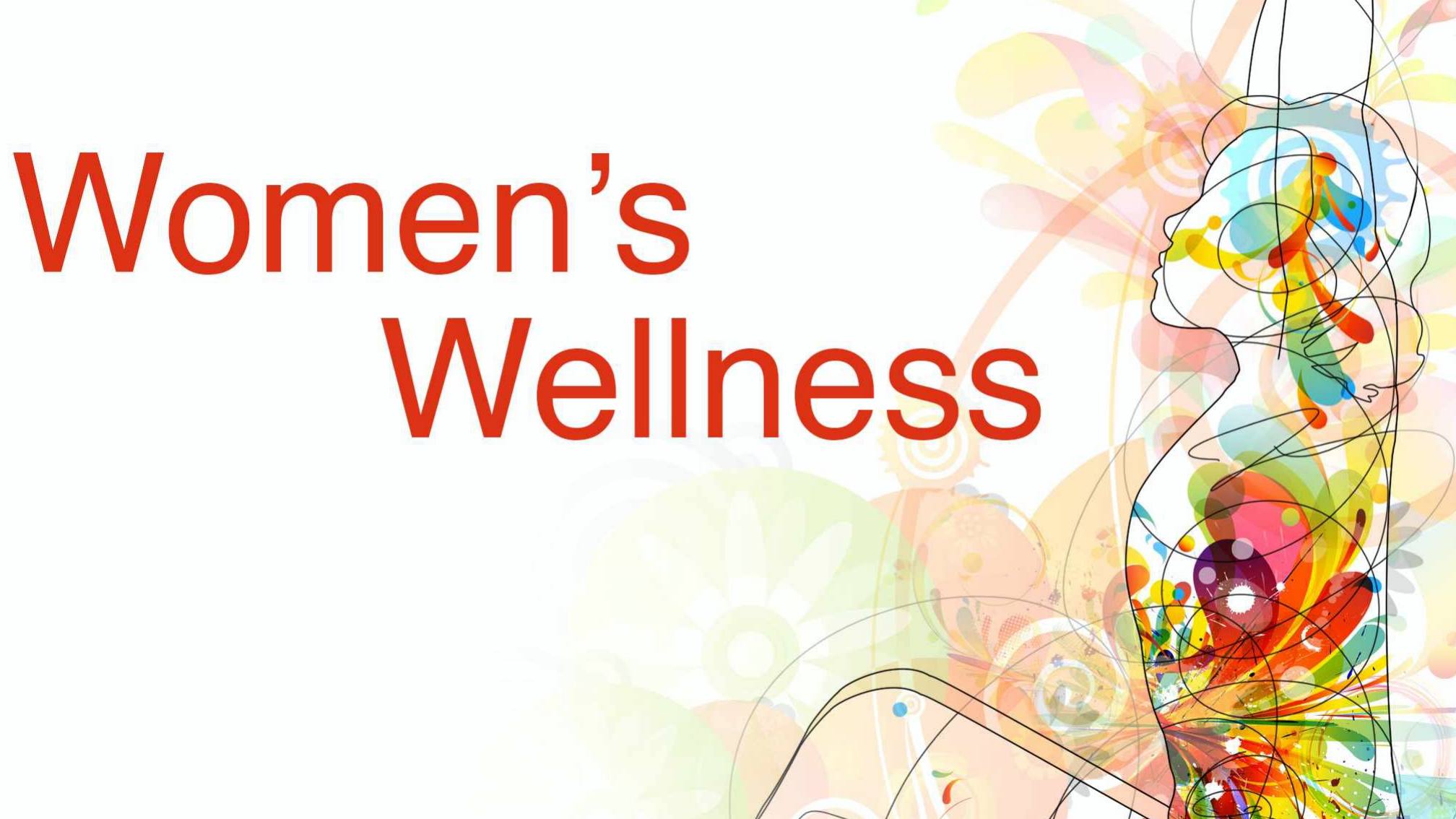
Women are waiting longer to become pregnant. So acquired forms of heart disease, such as coronary artery disease and hypertension, have become even more important in pregnancies, according to Dr. Sabrina Phillips, a Mayo Clinic cardiologist who specializes in maternal cardiology.
"Maternal cardiology is a unique subspecialty where a cardiologist has specialized in the care of a mother with heart disease that is affecting her pregnancy because pregnancy is a huge cardiovascular stress test — not just for six minutes on the treadmill but for nine months, or 40 weeks," says Dr. Phillips.
Dr. Phillips also recognizes that women born with a congenital heart defect are living healthier lives, and those heart defects, to various degrees, will affect their ability to carry a pregnancy safely. She adds the most likely cause of having a heart problem for a mother in the Western world during pregnancy is congenital heart disease.
If you are a woman with a risk of having congestive heart failure, it means you build up fluid or can't maintain your cardiac output to a level that's good for you and baby. "We're talking about rhythm disturbances complicating the pregnancy that would be treated medically, and perhaps risk of stroke or blood clot," says Dr. Phillips.
Watch: Dr. Phillips discusses congenital heart defects and pregnancy.
Journalists: Broadcast-quality video pkg (3:48) is in the downloads at the end of the post.
Please 'Courtesy: Mayo Clinic News Network.'
Fertility can be affected by congenital heart disease, too, because these are often systemic diseases, meaning they affect the entire body. "So if you have a condition where you cannot fully oxygenate the blood that's going to your periphery, that does affect your ability to be fertile," says Dr. Phillips. "We also know it affects menses. So there are a whole spectrum of conditions beyond pregnancy that young women developing through their preteen and teenage years have to deal with."
Given those fertility concerns, one of the biggest misconceptions that congenital heart patients may have about their childbearing potential is that they cannot successfully achieve a pregnancy. "That's different than, 'Should I have a pregnancy, and can I have one safely for my health?'" says Dr. Phillips.
The second misconception is they may feel that they can't safely achieve a pregnancy because of their cardiac condition. "Many of our patients, when we're talking about pregnancy risk, are really thinking very black and white: 'Will I live through the pregnancy, or I will die in the pregnancy?'" Dr. Phillips says that's when she wants to sit down and have a long discussion about perceived and real risks.
"If you have a heart defect or a heart condition, and you are planning a pregnancy, it's very important for you to choose a place where you can have multidisciplinary care throughout your pregnancy," stresses Dr. Phillips. Multidisciplinary care not only involves obstetrics and pediatrics, but also cardiology, genetics and maybe cardiac surgery.
"The important thing is, no matter what your diagnosis is, if you will maintain care, maintain follow-up as outlined by your care team, the odds are that you're going to do well for a very long period of time," says Dr. Phillips. "We want to send that optimistic message to our patients. I know it's difficult if you faced surgery in childhood — maybe more than one — but keep coming for care. Don't give up. Let us keep following you, and that's how you're going to do well."








